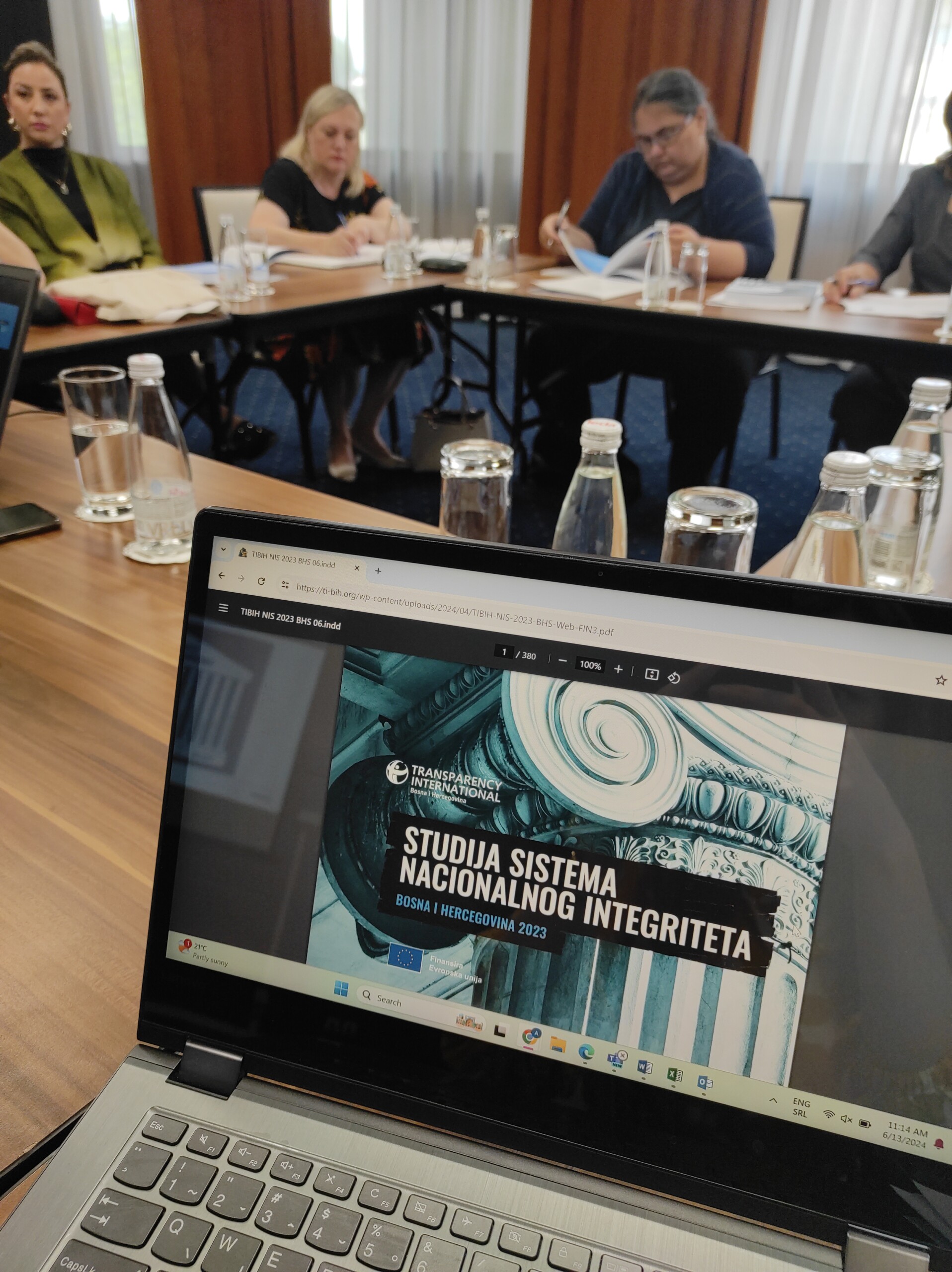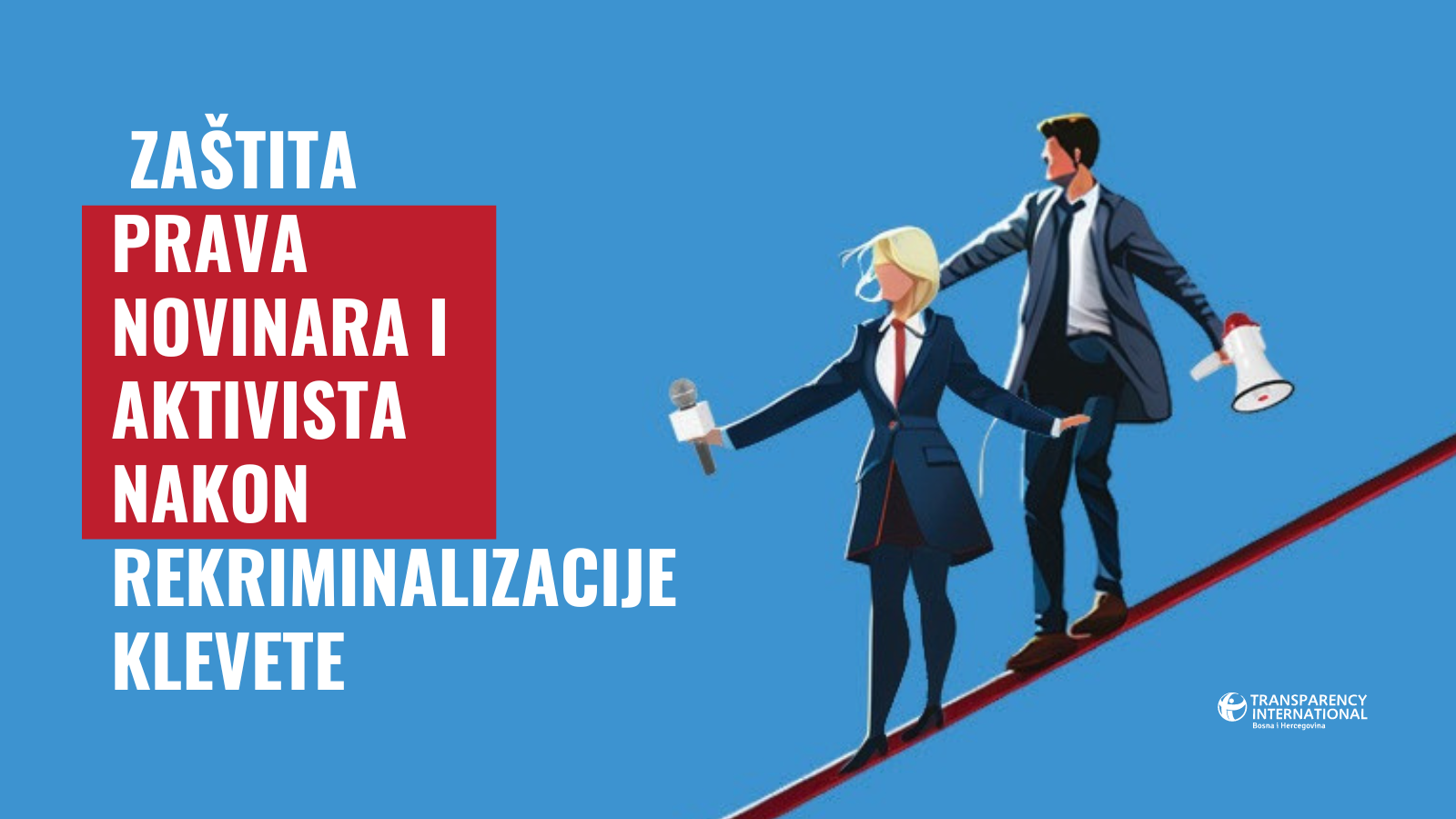Berlin, 11 September 2007 – Back to school: Raising Awareness and Fighting Corruption in the Classroom

Education is central to preventing corruption. But when the education system itself is corrupt, keeping enrolment low and drop-out rates high, can children ever learn the values that must underlie a transparent and accountable society? When money counts more than knowledge in the quest for a diploma, studying and learning lose their purpose. Ethical values are transmitted to children through their environment and their education.
Transparency International believes that if the fight against corruption is to be successful, youth must grow up believing that their talent, effort and merit count more than favouritism, manipulation and bribery. In addition, children need to be shielded from corruption. This why TI addresses both sides of the issue in its work: educating children about how to identify and tackle corruption, as well as putting measures in place to stop corruption in the classroom.
Corruption in education concerns more than just students, faculty and staff. It can have a serious impact on a country’s economic and political future as well. TI chapters around the world are working to address corruption in education, both by evaluating its scope and by providing tools and measures to prevent it.
TI Kenya–Corruption in teacher management is a serious concern in many countries. In Kenya, the Teachers Service Commission, the government agency responsible for hiring and posting teachers, is the single largest employer, and corruption within its ranks has national implications.
Transparencia Mexicana–Transparencia Mexicana (TM) also works in the procurement area. In 2005, TM performed a diagnosis of the integrity in advertisement, selection and acquisition processes for free text books in public secondary schools in collaboration with the Mexican Publishers Association and federal authorities.
Center for Regional Development /TI Armenia–TI Armenia works to improve transparency and accountability in secondary schools in the Armenian Shirak Marz province. In 2003 and 2004, the chapter undertook an expenditure tracking and performance monitoring project aimed at diagnosing the extent of corruption in schools.
TI Bangladesh–In Bangladesh, most reported corruption cases occur in the education sector, along with the police, health and private sector, according to the 2005 Corruption Database Report, released by TI-Bangladesh last year. In half of the reported cases of corruption in education, no action was found to be taken. TI Bangladesh promotes social accountability in education through its work with Committees of Concerned Citizens throughout the country, and provides citizen feedback on the quality of education through Citizen Report Cards.
TI Bosnia and Herzegovina–Corruption in higher education is a serious threat to a country’s economic and political future.
Surveys carried out by TI Bosnia Herzegovina in 2004 and 2005 found high levels of acceptance of corruption by university students.
The report Corruption in Education and the Role of Education in Combating Corruption can be downloaded
TI Georgia–Various reforms have taken place in recent years to combat corruption in university entrance exams. TI Georgia has monitored the newly introduced central national exams in 2006.
TI Colombia–Transparency Colombia prepares an annual Transparency Index that measures corruption risks in institutions such as the national Education Ministry, public Universities, and regional education departments. The index evaluates vulnerability in terms of: management visibility, the fulfilment of standards and rules and, finally, the level of disciplinary sanction of each one of them.
Uključite se
Budite u toku
Pretplatite se na naš bilten i dobijajte periodična obavještenja o našim objavama, najavama, pozivima i aktivnostima putem elektronske pošte.
Ne propustite
Ukoliko želite da dobijate naša saopštenja odmah nakon objavljivanja ostavite svoju e-mail adresu u polje ispod.



